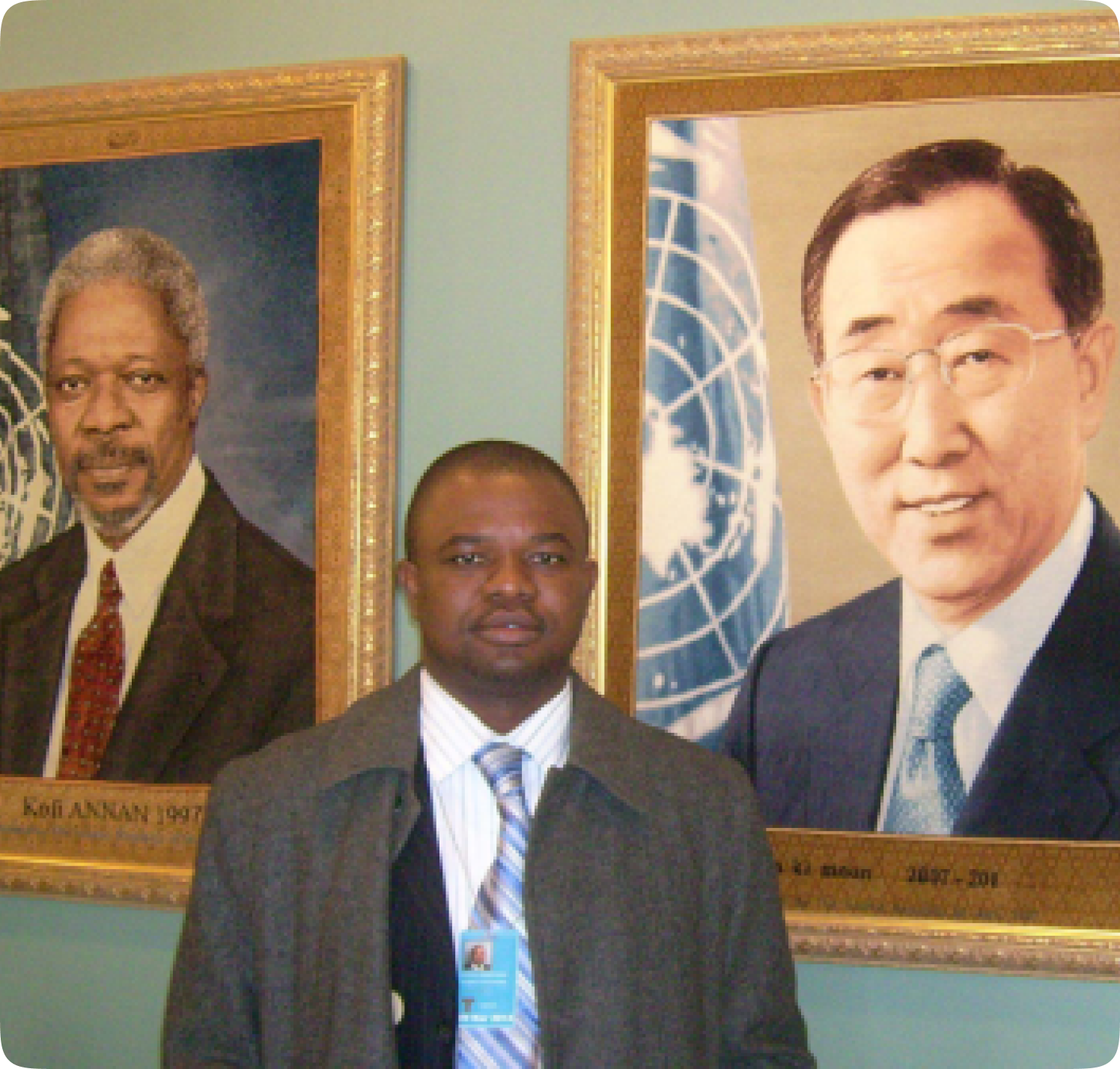
The West African Society of Toxicology is an international organization of toxicologists, including professionals as well as students and trainees in related fields. The organization's mission is to create awareness of existing and potential toxicological issues that constitute hazards for populations and the ecosystems o n the West African continent. The Society will strive to promote human health and a safe environment through research and education. Members are available to share their specialized knowledge with government, industry, and non-profit or non-governmental organizations (NGO).

Toxicology is the study of the adverse effects of chemical, physical, or biological agents on living organisms and the ecosystem, including the prevention and amelioration of such adverse effects. Toxicology is an applied science with many areas of specialization. Toxicology involves integration of information from many different areas of expertise. Most toxicologists work to assess and understand how chemicals affect living systems, and their work involves:Toxicology is the study of the adverse effects of chemical, physical, or biological agents on living organisms ecosystem, including the prevention and amelioration of such adverse effects.Toxicology is an applied science with many areas of specialization. Toxicology involves integration of information from many different areas of expertise. Most toxicologists work to assess and understand how chemicals affect living systems, and their work involves:


IMMEDIATE PAST PRESIDENT

SECRETARY GENERAL

Financial Secretary

ORGANISING SECRETARY